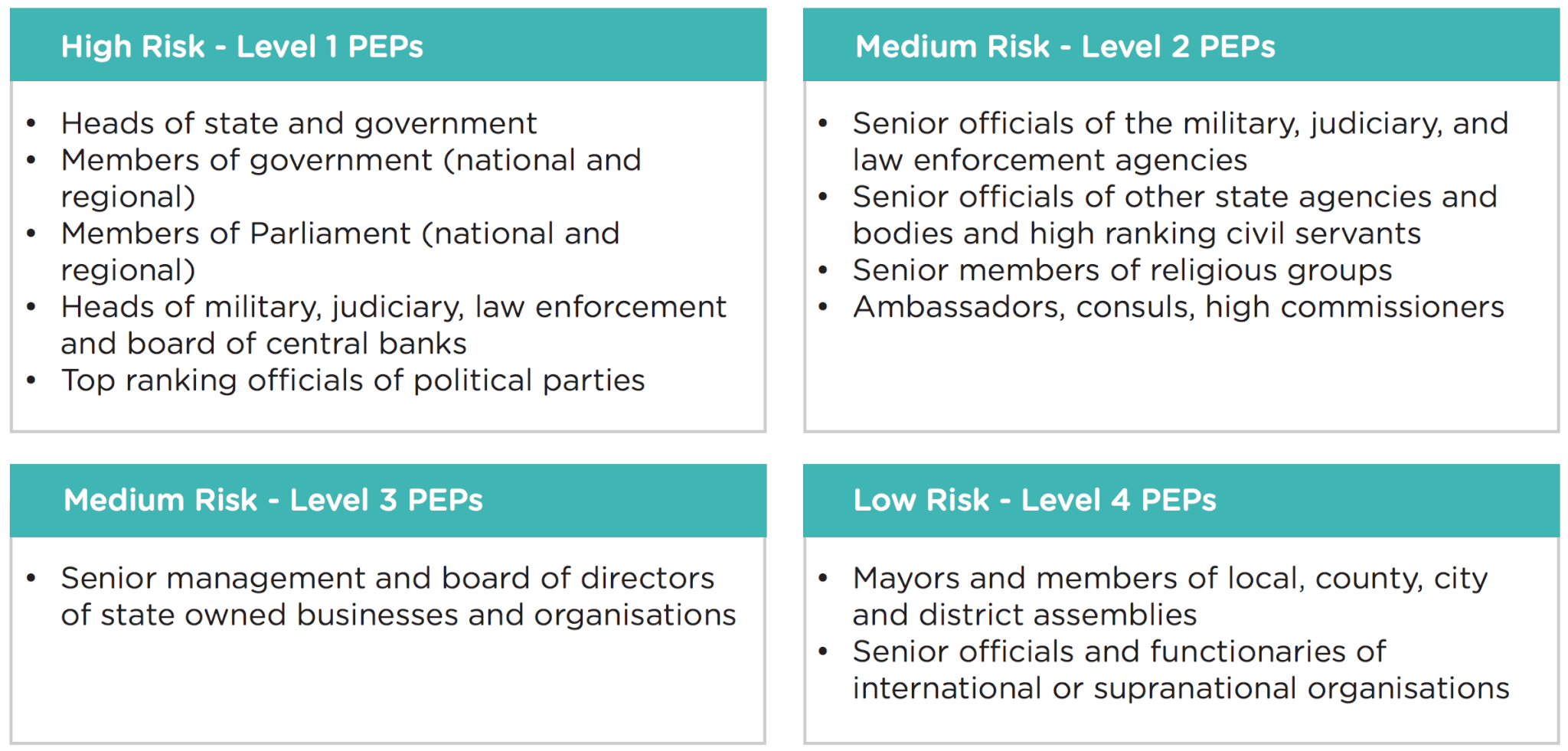This article is based on limited available information, if required, the content will be edited/updated. Kindly note that these proposals may or may not be implemented by the next forming Union Govt
Income Tax Slab Rates for FY 2019-20 / AY 2020-21 | Budget 2019-20 Key Highlights
Latest Income Tax Slab Rates FY 2019-20
The income tax slabs & rates are categorized as below;
Individual resident aged below 60 years.Senior Citizen (Individual resident who is of the age of 60 years or more but below the age of 80 years at any time during the previous year)
Super Senior Citizen(Individual resident who is of the age of 80 years or more at any time during the previous year).
 Latest Income Tax Slab Rates FY 2019-20 / AY 2020-21
Latest Income Tax Slab Rates FY 2019-20 / AY 2020-21
Budget 2019-20Income Tax : Key Highlights
Below are the latest Income Tax rate proposals that have been made in Budget 2019-20 ;
Income upto Rs 5,00,000 to be exempt from income tax. Individual taxpayers having taxable annual income up to Rs 5 lakhs will get full tax rebate (u/s 87A) and therefore will not be required to pay any income tax.So those with income up to Rs 5 lakh only.
I believe that if your taxable income is more than Rs 5 Lakh, this tax rebate is not applicable. So, there is no change/impact for the tax assessees who fall under 20% or 30% Tax Slab Rate.Kindly note that there is no change in Tax Slab Rates.
The current Standard Deduction of Rs 40,000 for FY 2018-19 is proposed to be increased to Rs 50,000 for FY 2019-20.
Proposal to not to deduct TDS of up to Rs 40,000 on interest income from Bank / Post office deposits (the current FY 2018-19 TDS threshold limit u/s 194A is Rs 10,000).Currently, income tax on notional rent is payable if one has more than one self-occupied house.
No tax on notional rent on Second Self-occupied house has been proposed.
So, you can now hold 2 Self-occupied properties and don’t have to show the rental income from second SoP as notional rent.The benefit of rollover of capital gains under section 54 of the Income Tax Act will be increased from investment in one residential house to two residential houses for a tax payer having capital gains up to Rs 2 crore. This benefit can be availed once in a life time.
TDS threshold for home rent paid by non-individuals has been increased from Rs 1.8 lakh to Rs 2.4lakh p.a.
All income tax returns to be processed within 24 hours and refunds to be issued simultaneouslyTax scrutiny will also now be done electronically and there will be no interaction between the tax authority and the taxpayer.
Calculation of Income Tax for FY 2019-20/AY 2020-21 | Illustrations
Let’s now discuss some scenarios on ‘How to calculate the tax on our total income?’
Assessees who are in 30% Tax Slab and below 60 years of age
Let us say your net taxable income (after all deductions like Sec.80C and all) Rs.16,00,000.
Up to Rs.2,50,000-NIL
Rs.2,50,001 to Rs.5,00,000-Rs.12,500 @5%.
Rs.5,00,001 to Rs.10,00,000-Rs.1,00,000 @20%
Rs.10,00,001 and above (in this case Rs.16,00,000)=Rs.1,80,000 @30%.
So total tax will be Rs.12,500+Rs.1,00,000+Rs.1,80,000=Rs.2,92,500.
Assessees who are in 20% Tax Slab and below 60 years of age
Let us say your net taxable income (after all deductions like Sec.80C and all) Rs.8,00,000.
Up to Rs.2,50,000-NILRs.2,50,001 to Rs.5,00,000-Rs.12,500 @5%.
Rs.5,00,001 to Rs.8,00,000=Rs.60,000 @20%
Therefore, the total tax will be Rs.12,500+Rs.40,000=Rs.72,500.
Assessees who are in the lowest Tax Slab and below 60 years of age
Let us say your income is Rs.4,00,000
Up to Rs.2,50,000-NILRs.2,50,001 to Rs.4,00,000-Rs.7,500 @5%
.However, using Sec.87A of IT Act, your tax liability will be ZERO.
An individual who is resident Indian and whose total taxable income does not exceed Rs. 5,00,000 is entitled to claim rebate under section 87A of up to Rs.12,500 (w.e.f AY 2020-20).
Its just a rebate
Those who are total earning upto 5 lakhs no tax
And
those One who is earning
5,05,000, he has to pay tax on
full income exceeding. 2,50,000
Call me for your tax saving
K.Dhamodharan M.Com.,LL.B.,HDCM
Financial Counsellor
73582 10672

 Latest Income Tax Slab Rates FY 2019-20 / AY 2020-21
Latest Income Tax Slab Rates FY 2019-20 / AY 2020-21


